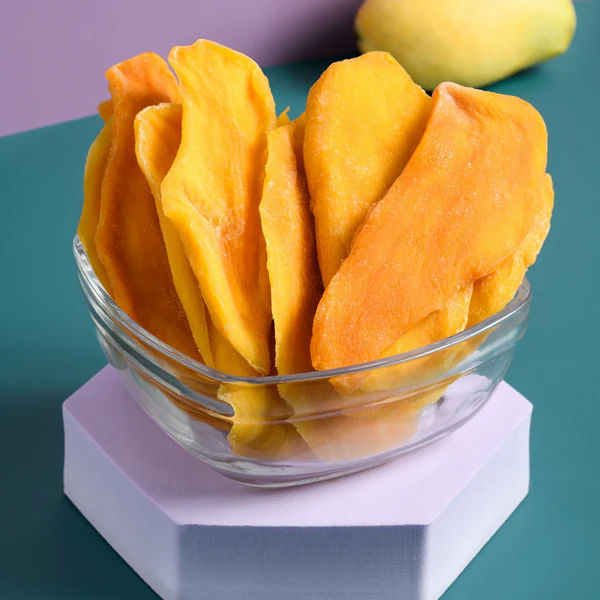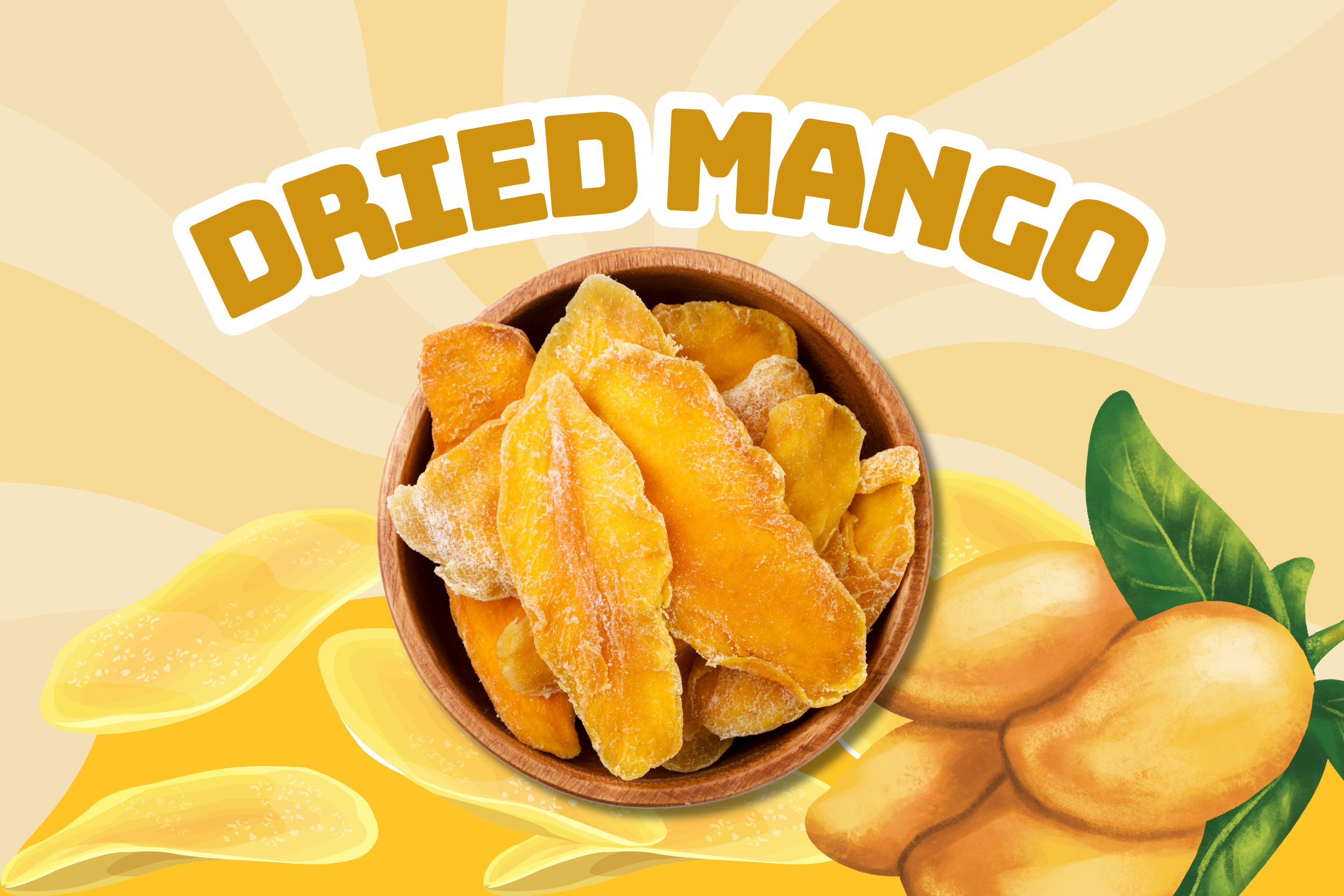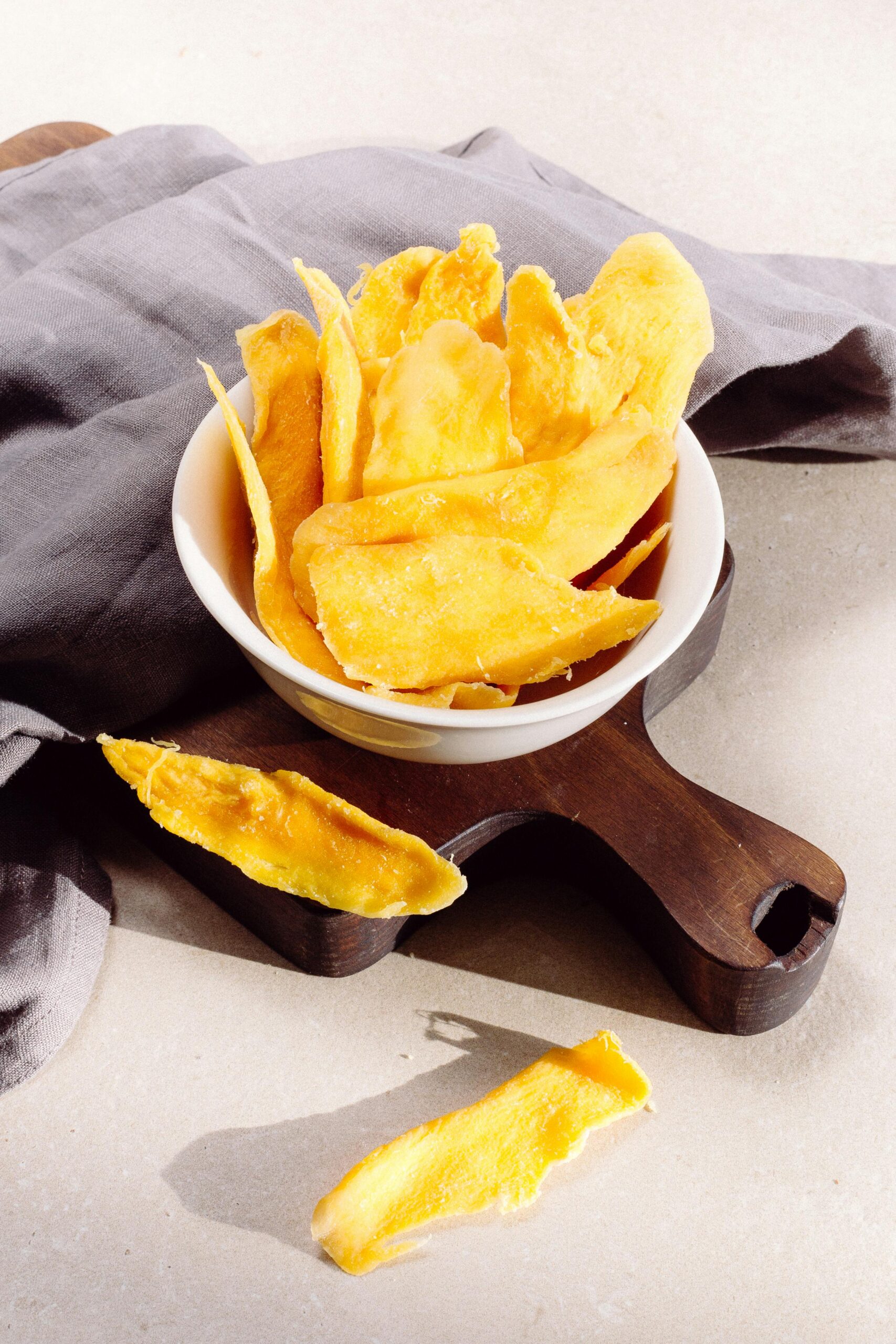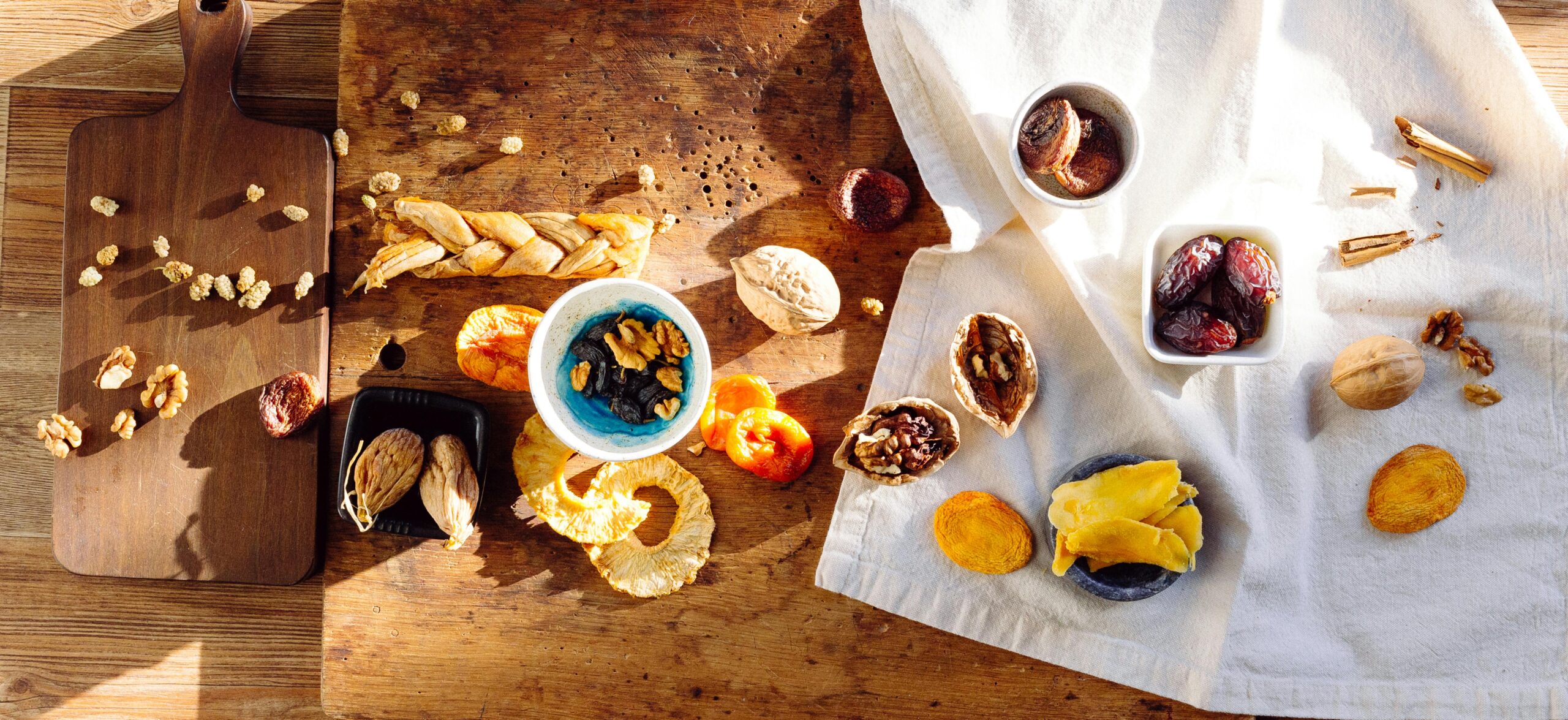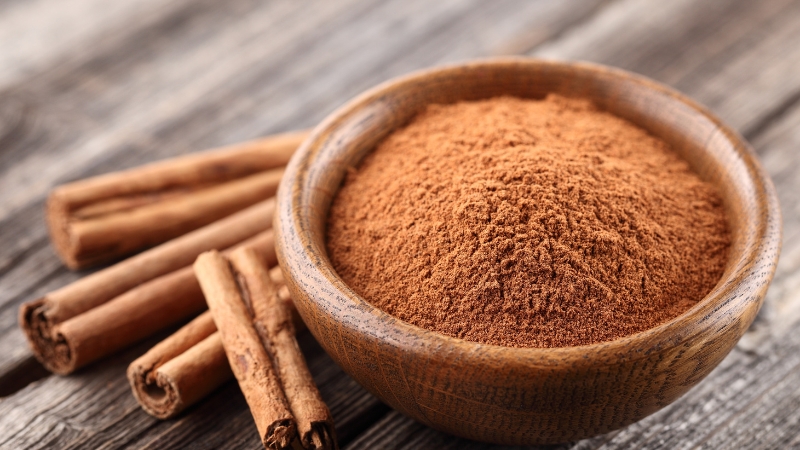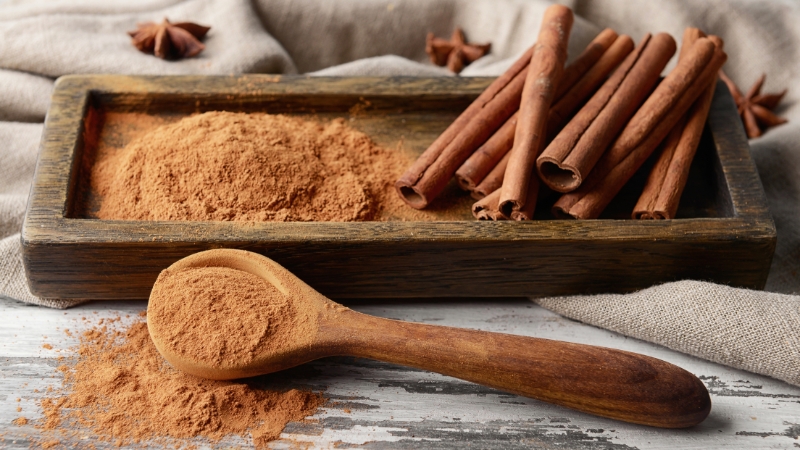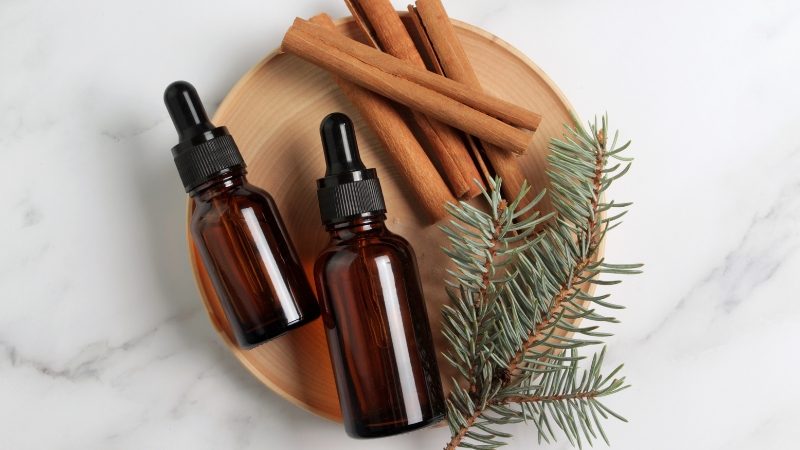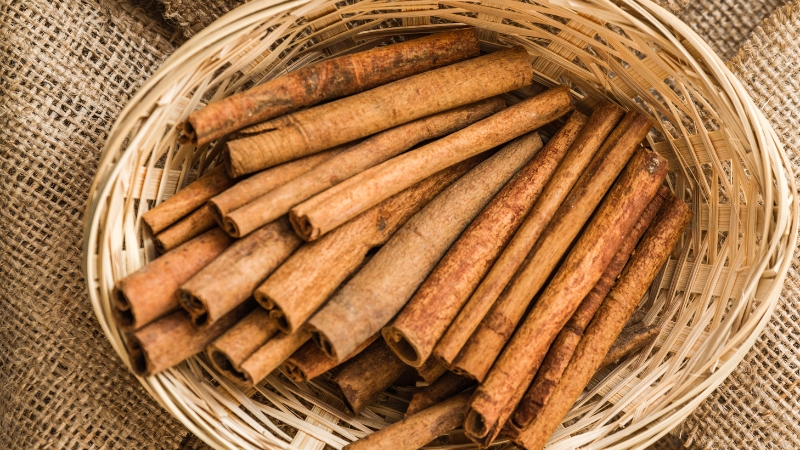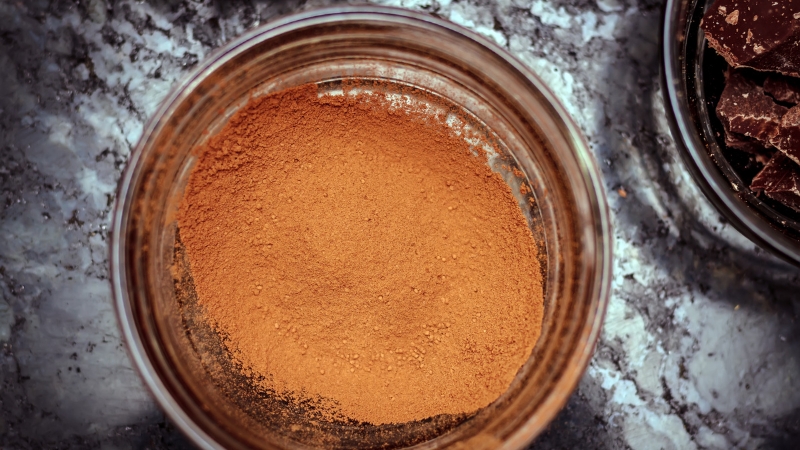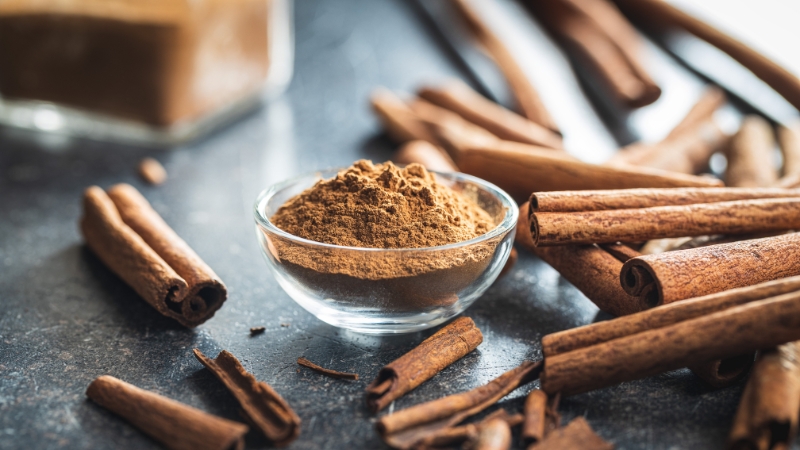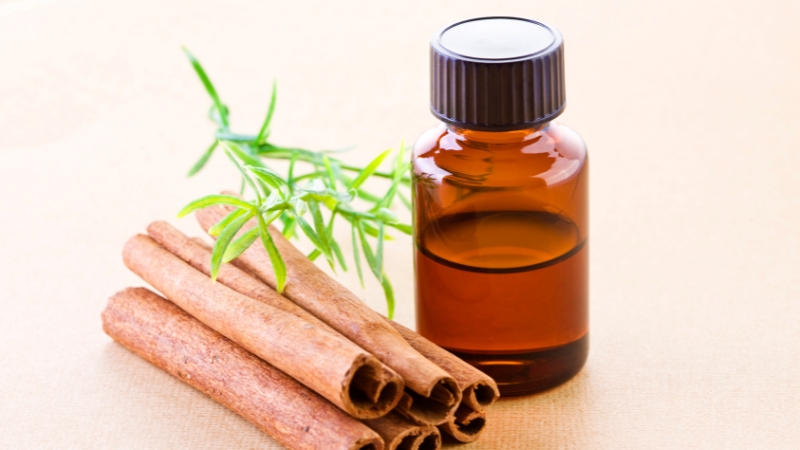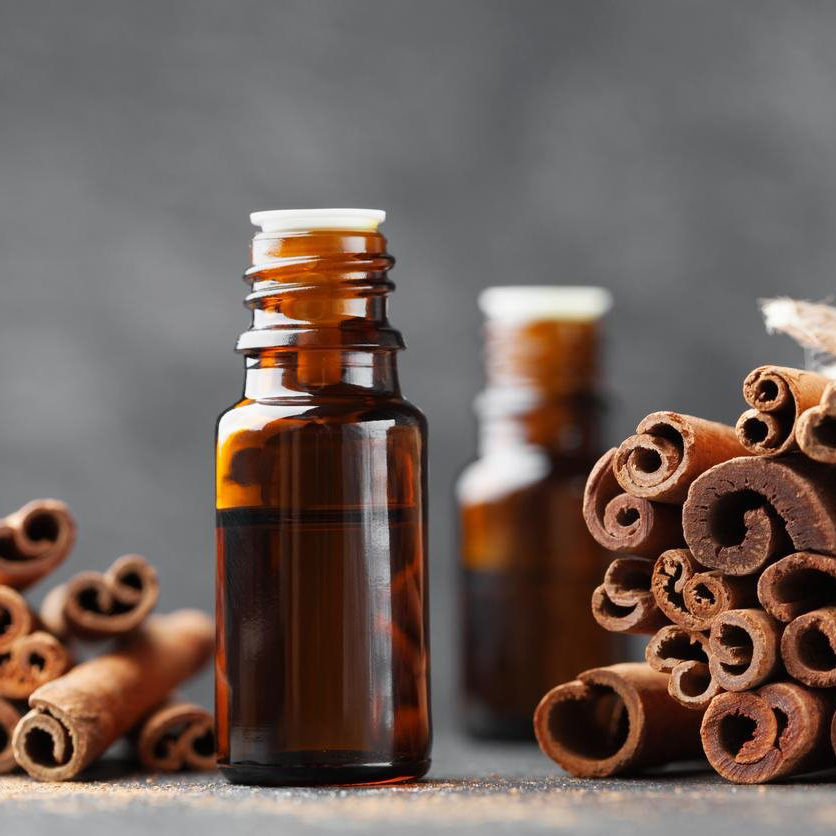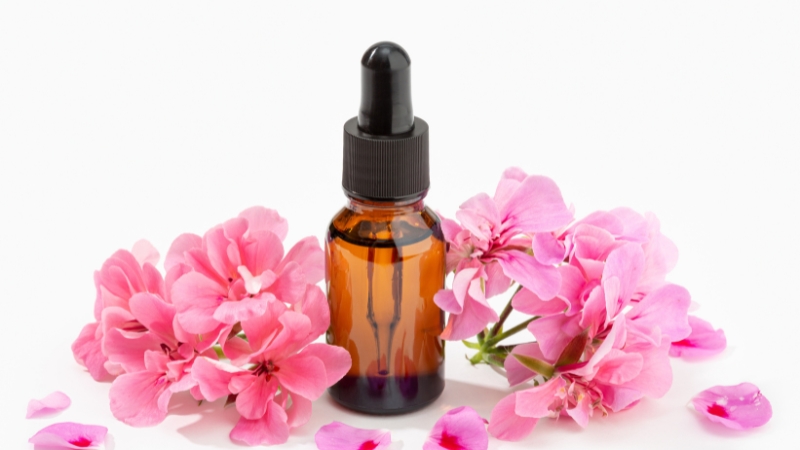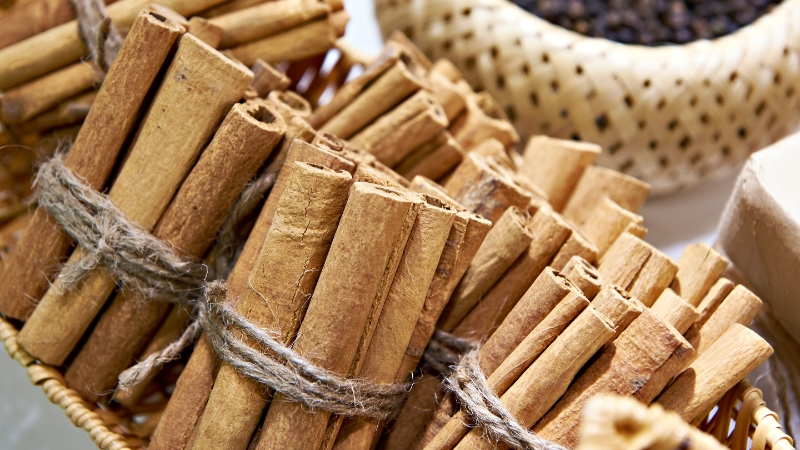Mangoes are frequently known as the “king of fruits” for their vibrant flavor, wealthy texture, and numerous fitness blessings. When dried, they tackle a concentrated sweetness and chewy texture that makes them an impossible-to-resist snack. Among the various approaches to experiencing dried mango, tender dried mango stands proud for its plump, gentle bite and natural fruitiness. This article explores the appeal of smooth dried mango, its health benefits, uses, and the way to enjoy it.
What is Soft Dried Mango?
Soft dried mango refers to mango slices or portions that have been dried in a way that preserves their natural softness and moisture, unlike the tougher, greater leathery versions of traditional dried fruit. This manner usually entails dehydrating the mango at a low temperature to keep much of its moisture content material, resulting in a chewy, tender texture. The mango is normally dried without delivered preservatives or synthetic sweeteners, retaining the fruit’s proper flavor and vitamins.
Many manufacturers attain this soft texture via a gentle drying system like air-drying or the usage of a dehydrator, from time to time paired with a mild coating of natural sugar or citric acid to decorate the flavor and shelf-existence. The result is a snack that keeps the flavor and sense of sparkling mango, most effectively focused right into a smaller, extra portable form.
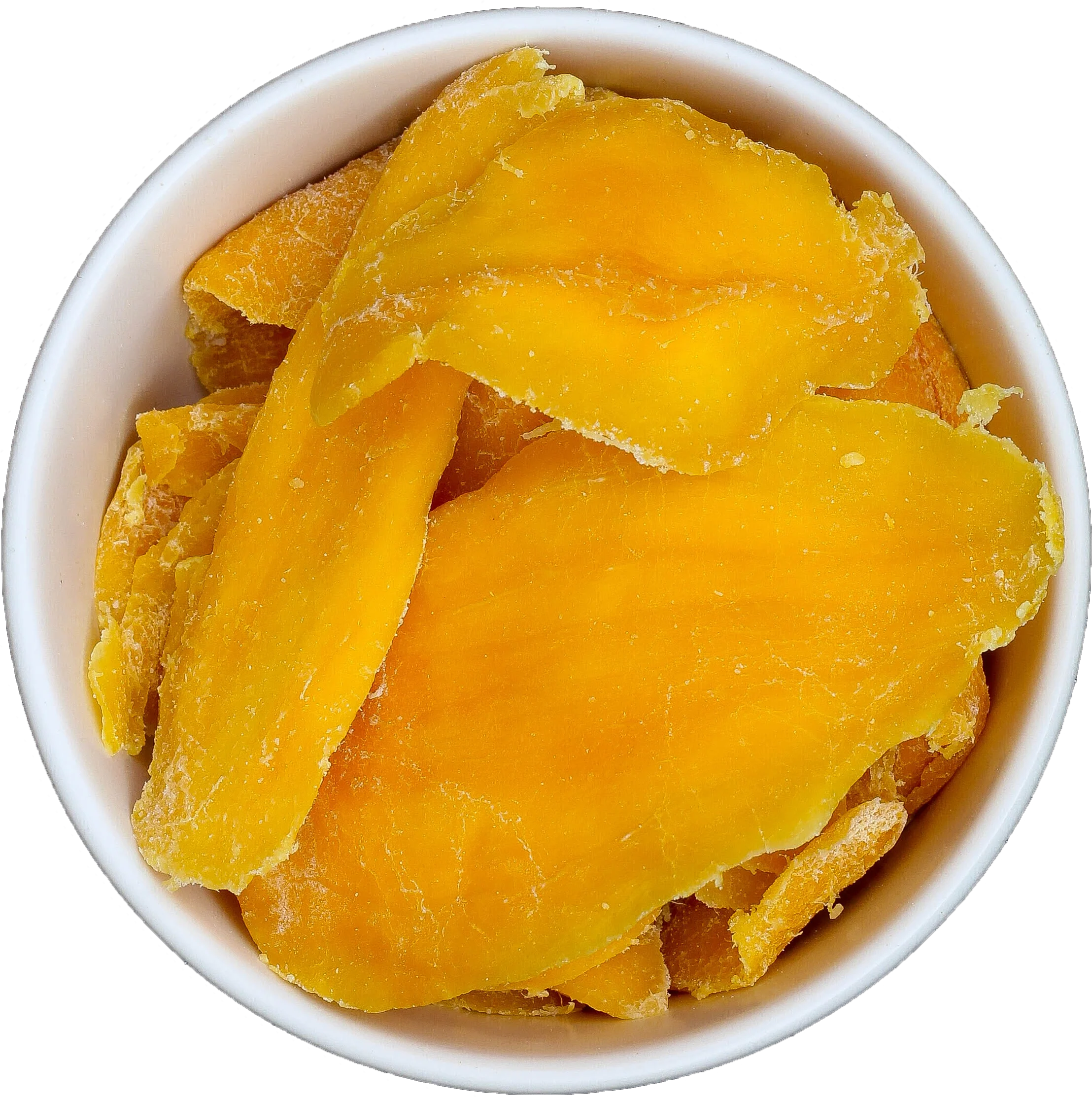
(Mangoes are dried without preservatives or synthetic sweeteners, preserving the proper flavor and vitamins of the fruit)
The Benefits of Soft-Dried Mango
Rich in Nutrients
Soft-dried mango isn’t only a scrumptious snack but also a healthy one. Like sparkling mangoes, dried mangoes are a wealthy source of vitamins and minerals, including diet C, nutrition A, potassium, and fiber. Vitamin C supports immune features and pores and skin fitness, whilst nutrition A is important for eye fitness. The fiber in dried mango can useful resource for digestion and help maintain a healthful intestine.
Antioxidant Properties
Mangoes are packed with antioxidants, consisting of flavonoids and polyphenols, which assist protect the frame against oxidative pressure and might reduce the threat of persistent sicknesses. These antioxidants continue to be present in dried mangoes, albeit in a greater focused form because of the drying technique.
Natural Sweetness
One of the most appealing aspects of smooth-dried mango is its herbal sweetness. With no brought sugars or synthetic sweeteners (in maximum sorts), the wonder comes completely from the mango itself. This makes it a more fit alternative to many processed snacks which can be high in delicate sugars.
Convenient and Portable
Soft-dried mango is a convenient snack that can be taken everywhere—best for a busy life, outside adventures, or as a midday select-me-up. Unlike fresh mango, which has a restrained shelf life and requires refrigeration, dried mango may be stored at room temperature for weeks, making it an easy and sensible option for on-the-pass snacking.
Weight Management
Although dried culmination is calorie-dense because of the dearth of water content material, the fiber in smooth dried mango facilitates satiety and can reduce basic calorie intake. Enjoying a small serving can cut down your candy enamel without overindulging.
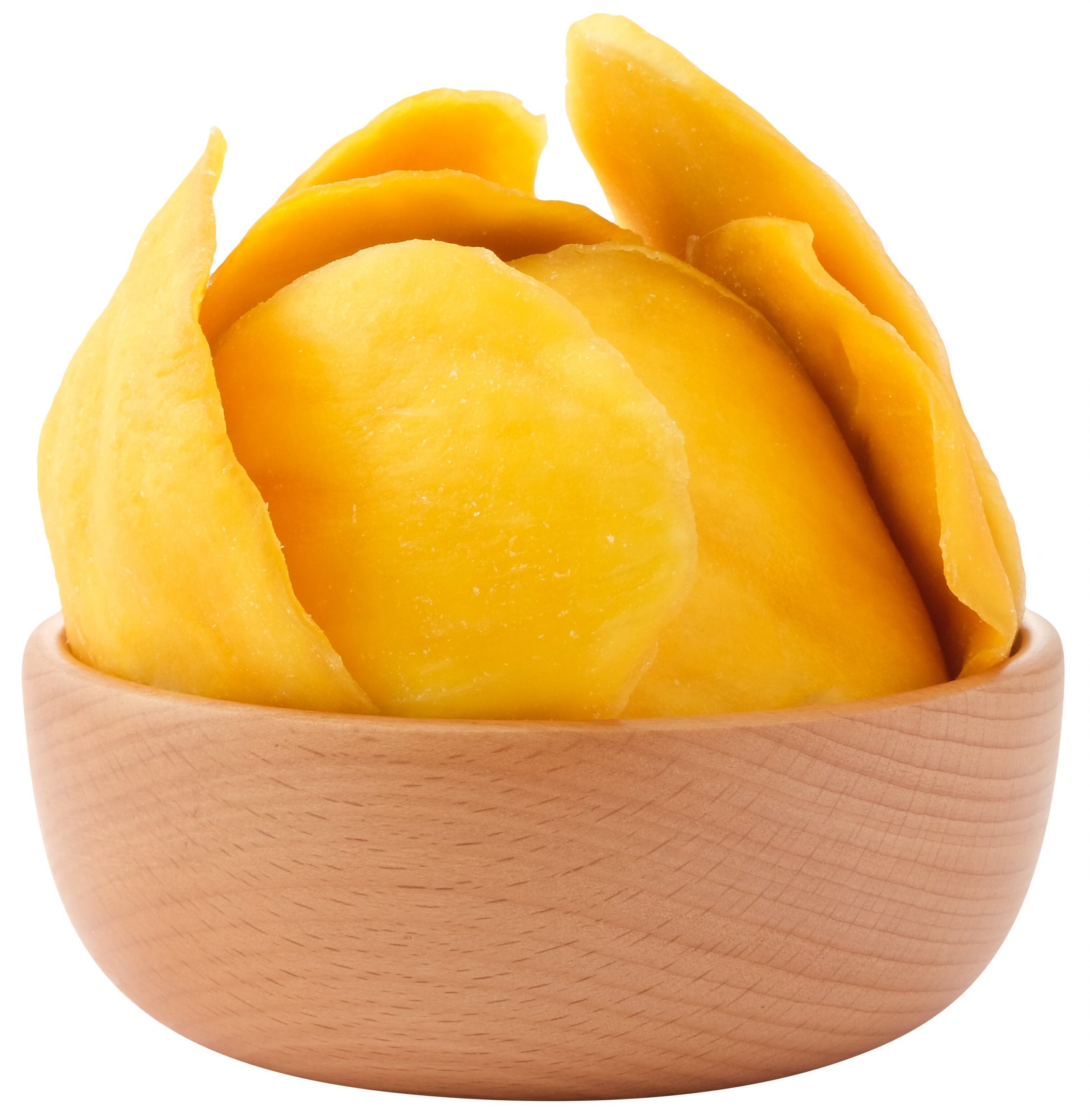
(Eating a small portion can cut down on your candy intake without going overboard on calories)
How to Enjoy Soft Dried Mango
Soft-dried mango is especially flexible and may be enjoyed in a number of methods. Here are some ideas:
- As a Snack
The simplest and most pleasant manner to experience smooth dried mango is to consume it immediately from the package deal. Its herbal sweetness and chewy texture make it an indulgent but wholesome snack preference.
- In Trail Mix
Combine gentle dried mango with different dried culminations, nuts, and seeds to make a scrumptious and energizing trail mix. The chewy mango pieces offer a sweet contrast to the crunch of nuts, while the mixture offers an exquisite balance of healthful fat, protein, and carbohydrates.
- In Smoothies
Add a handful of smooth-dried mango to your smoothies for added herbal sweetness and a tropical twist. You can rehydrate the mango with the aid of soaking it in warm water for a couple of minutes earlier than mixing it in or absolutely throw it inside the portions at once for a thicker, more textured smoothie.
- In Baking
Dried mango also can be chopped up and integrated into baked goods like truffles, cookies, or granola bars. It pairs well with other tropical flavors like coconut or pineapple, adding a chewy texture and a burst of taste to your favorite recipes.
- With Yogurt or Oatmeal
Stir portions of gently-dried mango into a bowl of yogurt or oatmeal for a tropical breakfast treat. The sweetness of the mango enhances the tanginess of yogurt or the heartiness of oatmeal, making for a balanced and fulfilling meal.
- In Salads
For a unique salad topping, add a few chopped dried mangoes to leafy vegetables or grain-primarily based salads. The chewy texture and natural sweetness offer a wonderful assessment of savory components like feta cheese, avocado, and roasted nuts.
How to store soft dried mangoes
Proper storage is key to ensuring that your crunchy dried mangoes remain fresh and at their best. Store in an airtight container or resealable bag in a cool, dry place out of direct sunlight. If you don’t plan to eat it right away, refrigerating or freezing it can extend its shelf life, though it’s usually best to enjoy it over a few months to make it taste better great deal of
Where to buy soft dried mangoes
Soft-dried mangoes are widely available in health food stores, supermarkets, and online stores such as Sontana Spices & Dried Fruits. Look for ingredients that use minimal ingredients, ideally only mangoes and even a small amount of sugar or citric acid. Products that are organic or contain no preservatives are a good choice for those looking to eat clean.
Final Thoughts
Soft roasted mango is a rich, nutritious, and versatile snack that captures the natural sweetness and flavor of fresh mangoes in a portable and easy way Whether you eat it as a dessert, added to your trail mix, or added to pots, satisfy your sweet tooth while reaping the nutritional benefits of this tropical fruit The best way is to make more, longer-lasting, great additions to your pantry every time you serve your snack drawer is destined for some sunshine.
